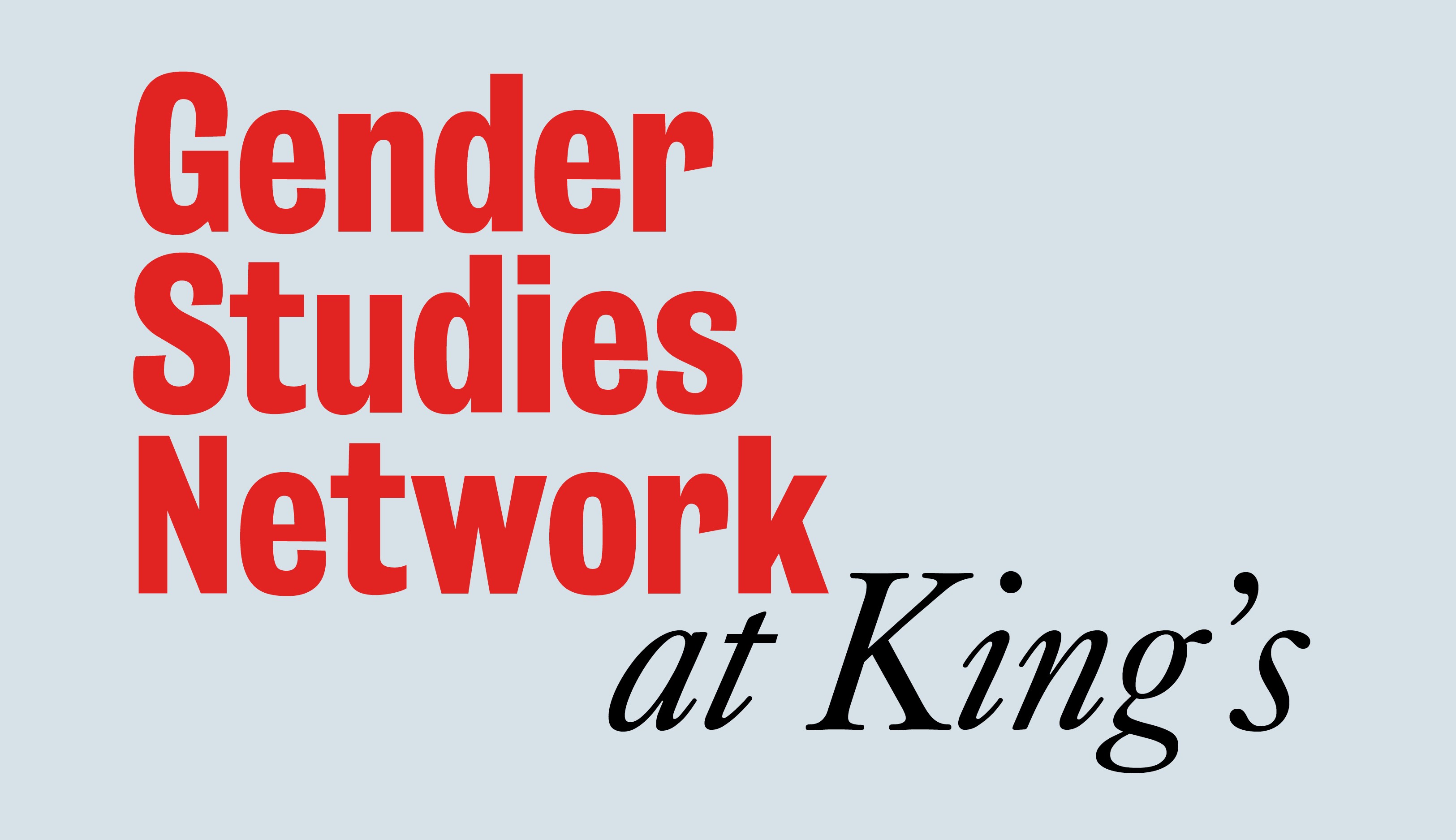

It is our aim that you acquire a good understanding of the key elements in planning and carrying out independent research projects.
GENDER STUDIES HOW TO
We aim to have a number of invited guest speakers on this module, and you will have the opportunity to discuss and critically evaluate different methodological approaches and learn how to draw on these approaches as a starting point for your own research.

To give you a taste of particular research methods and approaches, we draw on recent examples of media and cultural research done here at Lancaster, and encourage you to explore their theoretical and practical implications. To explore research practice in this discipline, we look at textual and discourse analysis, visual analysis, ethnography and participatory approaches, but place a strong emphasis on engaging with issues of identity, differences, power and experience in the hyper-complex media and cultural environments that we live in. Many different methods are used in media and cultural studies, and that variety is reflected in this module.

This module is designed to introduce you to contemporary methodological issues, key approaches, practical techniques, and case examples relating to the study of media and culture.
.jpg)
Popular culture, audiences and media practices associated with celebrityĬontemporary digital media cultures, and their circulation and consumptionĮmbodiment, differences, politics and identities amidst media changeĬritical Methods in Media and Cultural Studies You will also engage with analytical work on specific media platforms, products and practices, ranging from photographs and search engines to newspapers and reality TV.Ĭoncepts of culture in relation to images, commodities and brands We will read and discuss recent and formative writings in cultural and media studies, allowing you to develop an understanding of key concepts such as subjectivity, platform, materiality, commodity, difference, value and power, and how they help us make sense of contemporary social life. This module introduces approaches to critical analysis of key forms of contemporary media and culture such as commodities, celebrities, platforms and different media forms and environments. It will engage you in analysis of complex processes of inclusion and exclusion and equip you with the tools to critically evaluate educational structures, policy and practices to both examine and challenge inequalities. This module will provide you with the opportunity to interrogate social justice issues within society and explore how these play out through the education system, developing and enhancing your knowledge and understanding of inequalities. Education will be considered as both an issue of social justice and as a practice for social justice. This will involve developing an understanding of how advantage and disadvantage are structured through policy, practice and experiences how students from different groups experience inclusion and exclusion how educational institutions may generate, reinforce or reproduce social inequalities and how educational inequalities may be challenged. This module will consider a range of social justice issues within education relating to (but not limited to) gender, class, 'race’ and ethnicity, age, sexuality, disability, language, geography, religion, and their intersections.


 0 kommentar(er)
0 kommentar(er)
